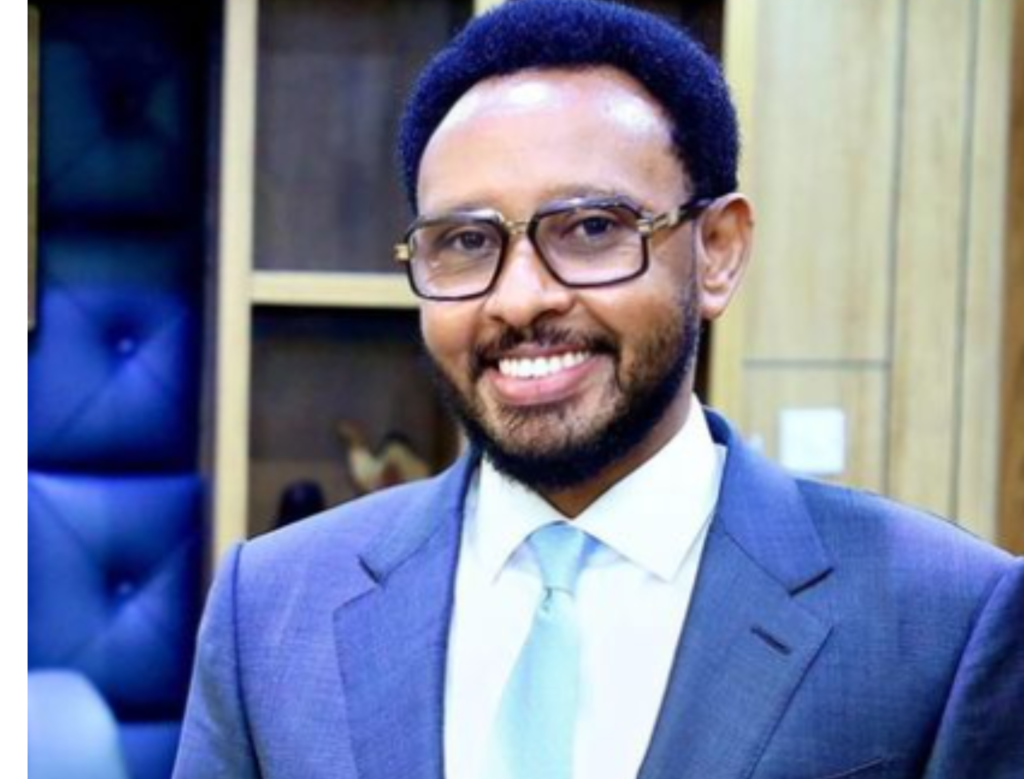
omalia’s recent reforms have resulted in the release of €10 million ($10.7 million) in European Union (EU) budgetary support, signaling international recognition of the country’s progress. The funds are part of a broader EU initiative aimed at supporting Somalia’s governance and public financial management reforms, ensuring that critical sectors such as healthcare, education, and infrastructure are prioritized. The EU’s decision to release these funds underlines Somalia’s ongoing efforts to build a stable, accountable, and transparent government amid challenges including security concerns and economic recovery.
The financial support follows significant strides in Somalia’s reform agenda, particularly in improving public financial management and governance structures. These reforms have been instrumental in enhancing transparency and accountability in resource allocation and fiscal policies. Somalia’s federal government has taken steps to digitize revenue collection, streamline public expenditures, and combat corruption. Such efforts have not only boosted international confidence but also laid the groundwork for sustainable economic growth and poverty reduction.
The EU’s budgetary support is tied to the Somalia State-building and Resilience Contract (SBRC), which focuses on enhancing state functionality and delivering essential services to citizens. The funds are expected to support priority areas, including education, healthcare, and rural development, thereby improving the quality of life for millions of Somalis. Moreover, the financial backing serves as a vote of confidence in Somalia’s ability to implement transformative policies, even in the face of challenges posed by ongoing conflicts and climate change impacts.
The reforms align with Somalia’s broader goals under the Heavily Indebted Poor Countries (HIPC) Initiative, which aims to relieve the country’s unsustainable debt burden. By meeting key governance and financial benchmarks, Somalia has moved closer to achieving full debt relief, an essential milestone for unlocking additional international funding and fostering long-term economic stability. The debt relief process, coupled with EU support, demonstrates the international community’s commitment to supporting Somalia’s reconstruction efforts.
The EU’s financial contribution highlights the importance of collaborative partnerships in addressing Somalia’s development challenges. International partners have emphasized the need for continued reform efforts, particularly in addressing corruption, strengthening public institutions, and ensuring inclusivity in governance. The release of funds also underscores the EU’s support for Somalia’s federal government in its efforts to build a united and stable nation, despite the ongoing threats from insurgent groups such as Al-Shabaab.
Beyond budgetary support, the EU has committed to assisting Somalia in areas such as security, climate resilience, and humanitarian aid. Somalia remains vulnerable to climate shocks, including droughts and floods, which exacerbate food insecurity and displacement. The EU’s multifaceted approach ensures that reforms are complemented by support for resilience-building measures, enhancing the country’s ability to withstand external shocks while advancing its development agenda.
The infusion of $10.7 million into Somalia’s budget provides a much-needed boost to its public finance system. This support comes at a critical juncture when Somalia is grappling with rising inflation, economic strain, and the aftermath of decades of conflict. By ensuring that resources are channeled toward critical sectors, the EU funding will help Somalia address pressing social and economic challenges, improving access to services and reducing inequality across regions.
However, challenges remain in sustaining and deepening the reforms needed to ensure long-term stability and growth. Continued efforts are required to strengthen governance at both federal and state levels, address internal power struggles, and promote reconciliation among diverse communities. The Somali government has been urged to maintain momentum in its reform agenda to attract further international investment and foster economic development.
The EU’s contribution serves as a reminder of the vital role that international partnerships play in Somalia’s journey toward recovery and stability. By aligning financial support with tangible reforms, the EU and other global partners are helping Somalia lay the foundation for a brighter future. As Somalia builds on its achievements, the focus will remain on ensuring that reforms translate into tangible benefits for its citizens, driving progress and fostering hope for a prosperous and peaceful nation.

